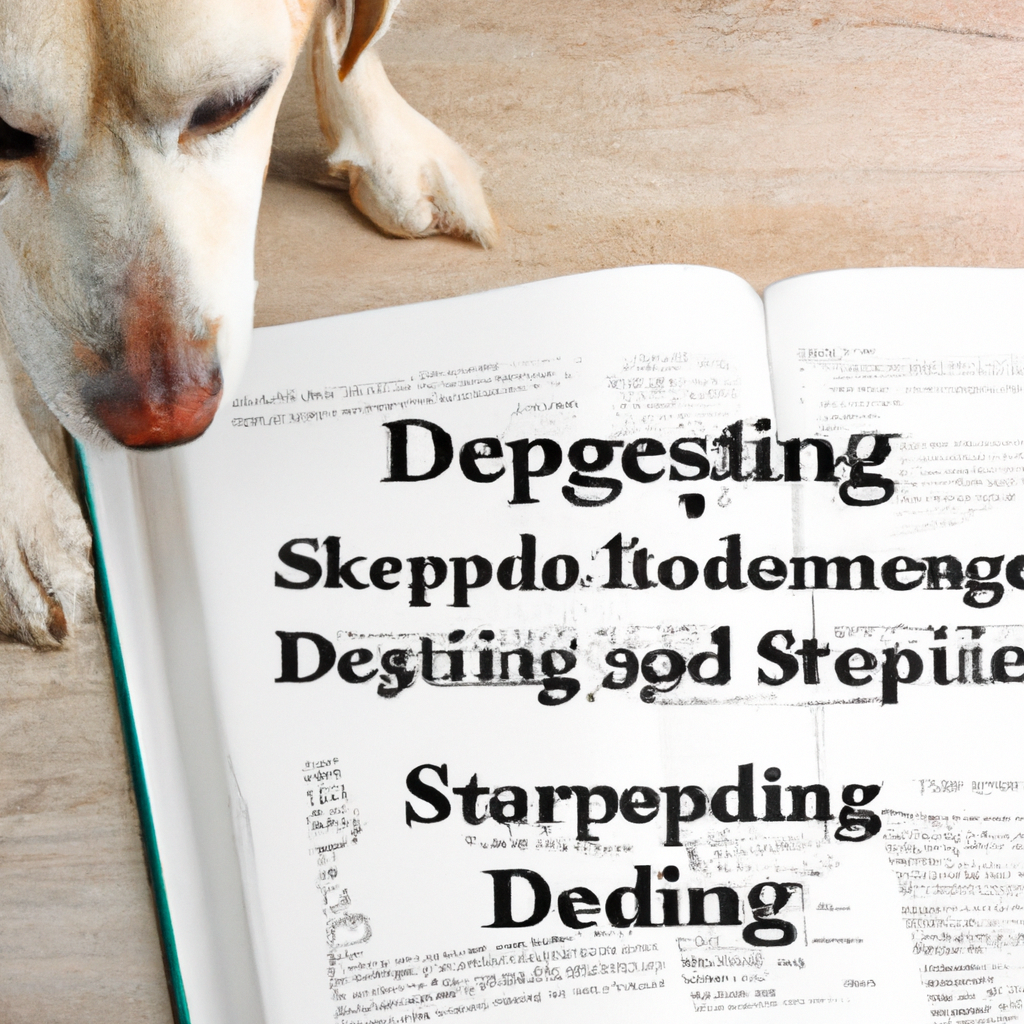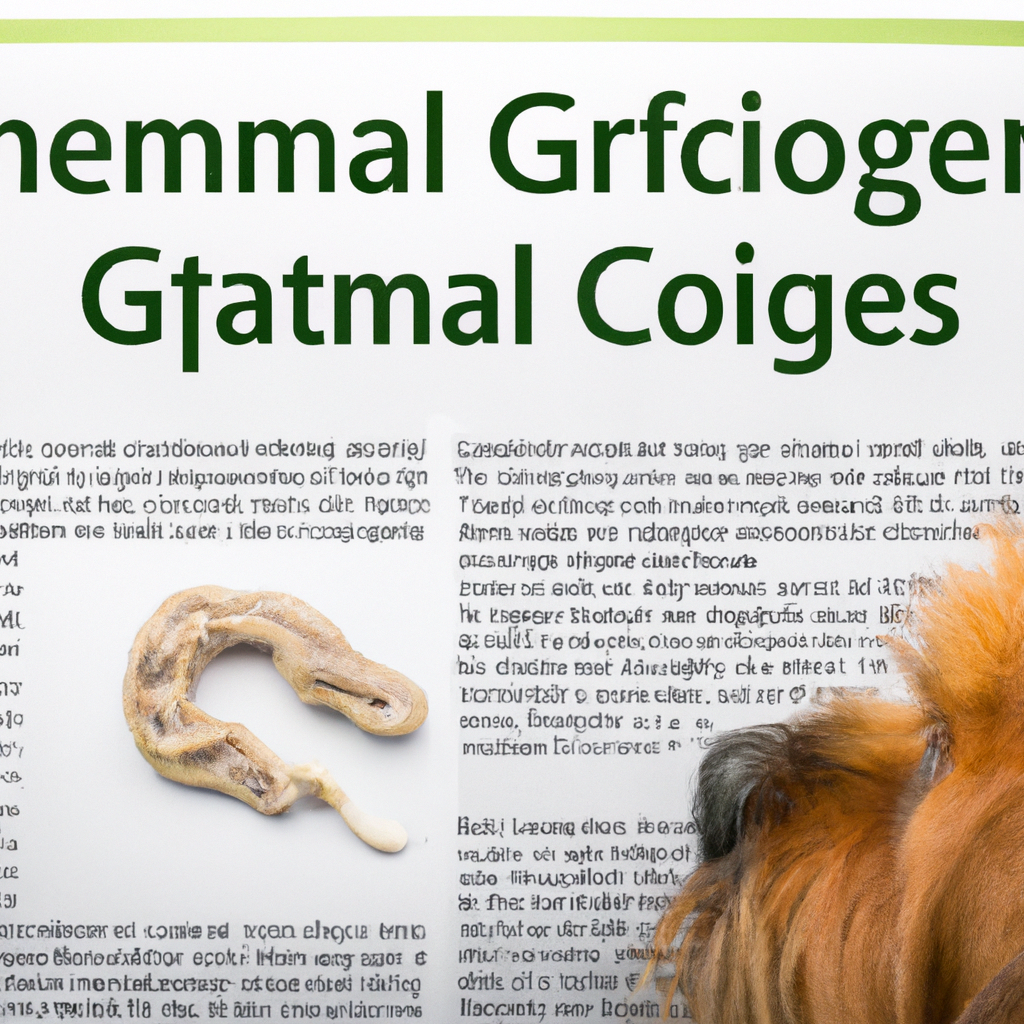Tips for Preventing and Treating Anal Gland Issues in Dogs
Tips for Preventing and Treating Anal Gland Issues in Dogs Anal gland issues are a common problem in dogs
Tips for Preventing and Treating Anal Gland Issues in Dogs

Anal gland issues are a common problem in dogs that can cause discomfort and even infection if not properly managed.
These glands are located on either side of the dog’s anus and are responsible for producing a unique scent that helps with territorial marking.
However, sometimes these glands can become impacted or infected, leading to various issues that need immediate attention.
Here are some tips to prevent and treat anal gland issues in dogs:
1. Regular Anal Gland Expression
Regular anal gland expression is essential to prevent build-up and impaction.
If your dog is not naturally expressing their anal glands during bowel movements, you may need to manually express them or seek assistance from a professional groomer or veterinarian.
It is important to learn the proper technique from a professional to avoid causing injury or discomfort to your dog.
2. High-Fiber Diet
Feeding your dog a high-fiber diet can help promote regular bowel movements, which in turn aids in the natural expression of the anal glands.
Consult your veterinarian to determine the appropriate amount of fiber for your dog’s specific needs.
Examples of high-fiber foods include pumpkin, green beans, and select commercial dog foods.
3. Maintain a Healthy Weight
Obesity can contribute to anal gland issues as the excess weight puts pressure on the glands.
Ensure that your dog maintains a healthy weight through proper diet and regular exercise to reduce the risk of gland problems.
4. Hygiene and Cleaning
Regularly clean your dog’s anal area with gentle, pet-safe wipes or warm water to prevent bacteria from accumulating and causing infections.
Pay attention to any signs of redness, swelling, or discharge. If you notice any abnormalities, consult your veterinarian for proper diagnosis and treatment.
5. Consult Your Veterinarian
If you suspect your dog is experiencing anal gland issues, it is crucial to seek guidance from your veterinarian.
They can provide a thorough examination and recommend appropriate treatment options, which may include medication, dietary changes, or surgical intervention if necessary.
By following these tips, you can help prevent and address anal gland issues in your furry friend, promoting their overall health and well-being.
Disclaimer: The information provided in this article is not intended to replace professional veterinary advice.
Please consult with your veterinarian for diagnosis and treatment of any health concerns your dog may have.






